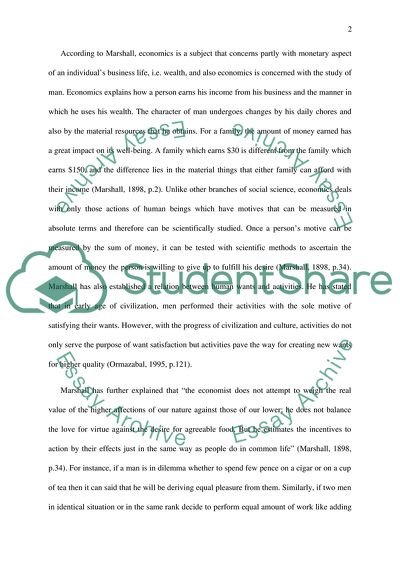Cite this document
(Marshall on foreign trade Term Paper Example | Topics and Well Written Essays - 3000 words, n.d.)
Marshall on foreign trade Term Paper Example | Topics and Well Written Essays - 3000 words. https://studentshare.org/macro-microeconomics/1816120-marshall-on-foreign-trade
Marshall on foreign trade Term Paper Example | Topics and Well Written Essays - 3000 words. https://studentshare.org/macro-microeconomics/1816120-marshall-on-foreign-trade
(Marshall on Foreign Trade Term Paper Example | Topics and Well Written Essays - 3000 Words)
Marshall on Foreign Trade Term Paper Example | Topics and Well Written Essays - 3000 Words. https://studentshare.org/macro-microeconomics/1816120-marshall-on-foreign-trade.
Marshall on Foreign Trade Term Paper Example | Topics and Well Written Essays - 3000 Words. https://studentshare.org/macro-microeconomics/1816120-marshall-on-foreign-trade.
“Marshall on Foreign Trade Term Paper Example | Topics and Well Written Essays - 3000 Words”. https://studentshare.org/macro-microeconomics/1816120-marshall-on-foreign-trade.


